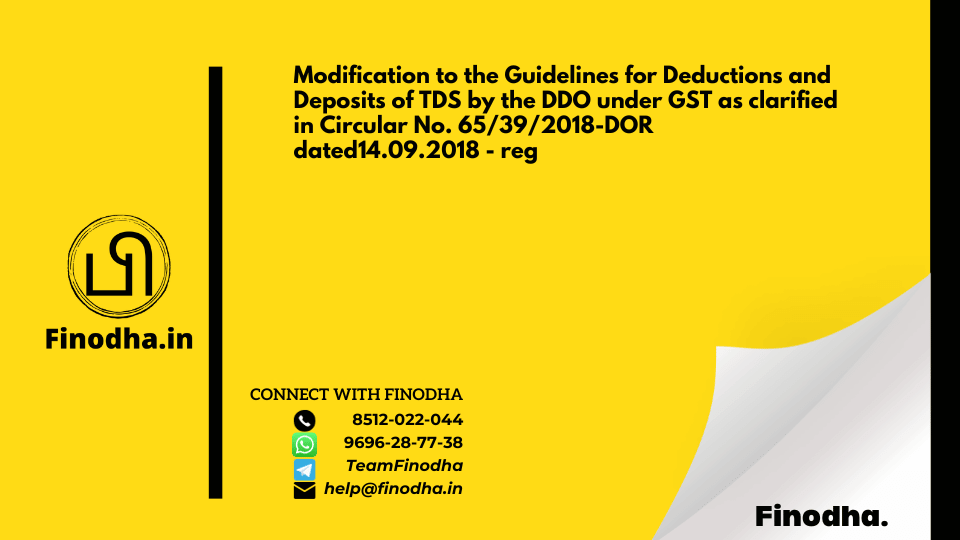Important Keyword: E-Compliance Portal, Income Tax Return, Income Tax Website, IT Notice.
Table of Contents
Submit Response on E-Compliance Portal
In India, meeting income tax return deadlines is crucial to stay compliant with the law. Let’s simplify the key dates and consequences to ensure you’re on track with your tax obligations.
1. Original Income Tax Return (ITR) Filing Deadline:
- For individuals not subject to tax audit: The deadline is July 31st following the end of the financial year.
- For those undergoing tax audit: The deadline extends to September 30th after the financial year concludes.
2. Belated or Revised Return Filing Deadline:
- If you miss the original deadline, you can file a belated return under Section 139(4) or a revised return under Section 139(5) until March 31st of the subsequent year.
Consequences of Missing Deadlines:
- Failure to file by the due date leads to notifications from the Income Tax Department. They may reach out via email or SMS to remind non-filers about their obligations.
- In the financial year 2018-19 (Assessment Year 2019-20), the Income Tax Department sent SMS alerts to numerous taxpayers who hadn’t filed their returns.
Remember, timely filing not only avoids penalties but also ensures you’re fulfilling your legal duties. Stay informed and meet your tax deadlines to enjoy a hassle-free tax season. If you have any doubts, consult a tax professional for guidance.

The Income Tax Department employs a sophisticated system called the Non-Filers Monitoring System (NMS) to track taxpayers who have not filed their income tax returns. Here’s a simplified breakdown of how it works:
1. Data Collection:
- The ITD gathers information on taxpayers’ financial activities from various sources, including:
- Annual Information Return (AIR)
- Central Information Branch (CIB) data
- Tax Deducted at Source (TDS) and Tax Collected at Source (TCS) returns.
2. Analysis and Identification:
- Using advanced algorithms, the ITD analyzes this data to identify individuals who should have filed income tax returns but haven’t.
3. Notice Issuance:
- Based on the findings, the ITD issues notices to non-filers, notifying them of their potential tax liability.
- These notices serve as reminders to taxpayers to fulfill their tax obligations and file their returns promptly.
Annual Information Return (AIR)
The Annual Information Return (AIR) serves as a vital tool for the Income Tax Department to monitor high-value transactions made by individuals and Hindu Undivided Families (HUFs). Let’s delve into its significance and the actions taken by the ITD for non-filers:
1. Reporting High-Value Transactions:
- AIR requires specified entities to report various high-value transactions to the income tax department. These include cash deposits, credit card bills, mutual fund investments, purchase of immovable property, and more, surpassing specific thresholds.
2. Example Transactions Reported:
- AIR-001: Cash deposits exceeding Rs. 10,00,000 in a savings bank account.
- AIR-002: Credit card bills amounting to Rs. 2,00,000 or more.
- AIR-003: Mutual fund investments totaling Rs. 2,00,000 or above, and so on.
3. Impact on Non-Filers:
- For taxpayers who haven’t filed their income tax returns but have significant financial transactions reflected on the e-Compliance Portal, the ITD takes proactive measures:
- Sending SMS alerts to remind them of their obligation to file returns.
- Initiating queries to verify the information available on the e-Compliance Portal, ensuring accuracy and compliance.
Action to be taken for Income Tax Non-Filing Notice
If you’ve received a notice for non-filing of your income tax return via SMS, it’s essential to take prompt action. Here’s a straightforward guide on what to do:
1. File Income Tax Return or Submit Response:
a. Log in to your account on incometaxindiaefiling.gov.in.
b. Navigate to Compliance > Compliance Portal.
c. Click on e-Campaign.
d. Under “e-Campaign – Non-Filing of Return,” select the relevant Financial Year.
e. Choose “e-Campaign – Response on Filing of Income Tax Return” for the same Financial Year.
f. From the dropdown menu, select your response and reason for non-filing. Specify the mode of filing.
g. Provide the Date, Acknowledgement Number, and any Remarks.
h. Click on Submit.
2. Confirm Information Provided:
a. Log in to your account on incometaxindiaefiling.gov.in.
b. Visit Compliance > Compliance Portal.
c. Click on e-Campaign.
d. Select “e-Campaign – Non-Filing of Return” for the applicable Financial Year.
e. Under “e-Campaign – Information Confirmation,” choose the same Financial Year.
f. Click on the tab to view transactions and validate the information provided.
By following these steps diligently, you can respond to the non-filing notice efficiently and ensure compliance with income tax regulations. It’s crucial to stay proactive and address such notices promptly to avoid any potential penalties or further inquiries from the Income Tax Department.
Read More: Compliance Portal: Accessing the E-Filing Portal
Web Stories: Compliance Portal: Accessing the E-Filing Portal
Official Income Tax Return filing website: https://incometaxindia.gov.in/
-

Circular No. 66/40/2018 – GST: GST on Residential programmes or camps meant for advancement of religion, spirituality or yoga by religious and charitable trusts
-

Demystifying the Financial Backbone: The Consolidated Fund of India
-

Circular No. 67/41/2018 – DOR: Modification to the Guidelines for Deductions and Deposits of TDS by the DDO under GST as clarified in Circular No. 65/39/2018-DOR dated14.09.2018 – reg

